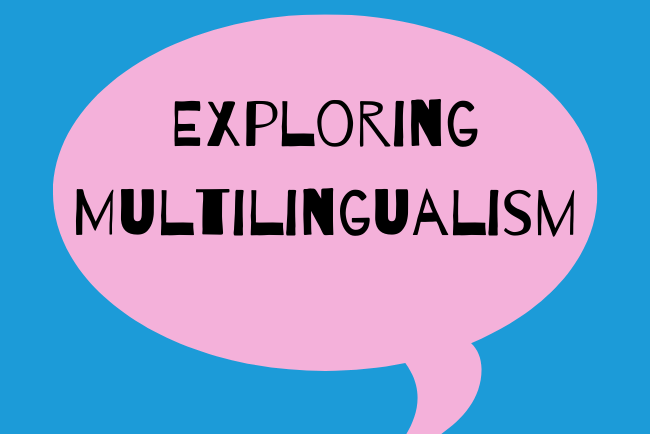Drei Beispiele aus der großen weiten Welt der sprachwissenschaftlichen und Digital-Humanities-„Blogosphäre“. 🙂

mobELD – Mobilization of endangered language data
There are about 7.000 languages in the world, but we have computational resources for only a dozen of them. On the other hand, there are endangered language archives, which host data from very many other languages. These languages are small, remote, or simply from poorer countries. This blog will present efforts to make these archive collections accessible for computational research.
Es gibt auch einen Twitter-Account zu diesem Blog: @mob_eld.

Creative Multilingualism blog
Our research proceeds from the premise that there’s more to languages than their practical benefits for communicative transactions.
This is not just about ‘added’ value. Languages are our key medium for self-expression, and as such they’re at the heart of individual and collective cultural identity. That gives them immense creative potential which is fundamental to our lives as human beings. While being inextricably connected with practical use, that creative potential is also an invaluable resource in its own right.
Our research programme is designed to develop a new paradigm for Modern Languages that is predicated on the intrinsic connection between multilingualism and creativity. This connection is embedded in our linguistic heritage, our linguistic development, and our communicative lives. It can give learners confidence in their innate ability as linguists, and it makes language learning lastingly rewarding. It also holds the key to establishing a common identity for the subject of Modern Languages across educational sectors.
In this section, we’ll be featuring articles, videos and podcasts that give insights, snapshots and personal perspectives on the many ways in which languages and creativity interact and cross-fertilise each other.
Es gibt auch einen Twitter-Account zu diesem Blog: @creativelangs.

This is a ‘work in progress’ blog associated with eScripta, the Digital Humanities team within the Scripta project at Université Paris Sciences et Lettres. It will feature regular discussions from members of the project team and selected external contributions. Articles will comprise a mixture of presentations of work in progress, discussions of methodological challenges, and notices of future events and related news. The target audience is those in Computational and Digital Humanities and (Historical) Document Analysis, including related specialisations such as Computational and Digital Palaeography (modelling and describing script, OCR and HTR, layout analysis, and more).
